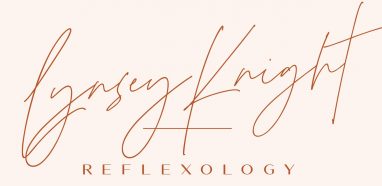Butterfly Touch Therapies for Cancer Care
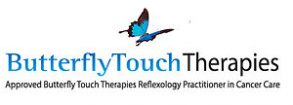
In 2021, I trained with Marie Duggan to become an Approved Butterfly Touch Reflexology Practitioner in Cancer Care. Marie is committed to educating therapists to work confidently, empathetically and appropriately within cancer and palliative care. Her incredible work at The Holistic Cancer Care Centre at James Cook University hospital allowed the opportunity for complementary therapies to work hand in hand with conventional treatments, with the emphasis being to support a reduction in stress and anxiety for cancer patients and carers at an incredibly vulnerable time.
1 in 3 people will experience cancer in their lifetime and it goes without saying that diagnosis, reality of different medical interventions and the instant and ongoing impact on every day life can be overwhelming and incredibly stressful for all involved. I believe that Reflexology can be an incredible complementary support at this time, offering an opportunity for a moment of peace and comfort in a mentally and physically challenging, clinical situation. It is my hope that research into the value of Reflexology within cancer care increases in the years to come, enabling provision of well deserved respite to patients and their loved ones on a much larger scale. Studies already carried out (though small) have drawn some positive conclusions:
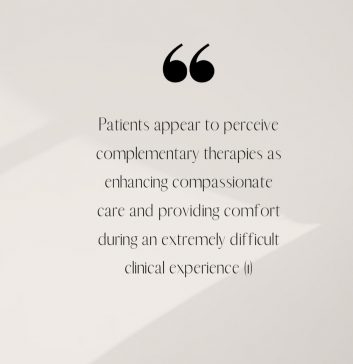
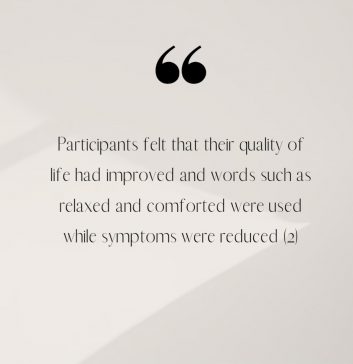
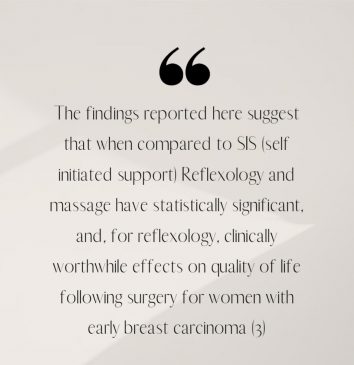
A safe and gentle treatment, Reflexology is considered beneficial for children and adults alike and it may be a good choice of complementary support for a number of reasons:
- Reflexology is a valuable support to patients in feeling more relaxed and better able to cope with the stress and anxiety associated with cancer diagnosis and the side effects of cancer treatment (including nausea, constipation, oedema and exhaustion)
- It offers a safe place for patients to talk through worries and fears
- Patients remain fully clothed with only the feet, hands or face needing to be exposed.
- The gentle, non invasive therapy requires minimal (if any) repositioning.
- There is opportunity for patients and their carers to learn self help techniques which offers relaxation between treatments.
There are points within a patient's treatment plan at which extra caution should be taken, including specific placing of treatments around chemotherapy/radiotherapy cycles and adapting treatment times depending on how patients may be feeling to allow the session to remain relaxing, beneficial and appropriate. Thorough consultation and ongoing discussions with patients, carers and care teams ensures treatment plans can be adjusted to ensure a comfortable, calm experience. Reflexology is not a treatment for cancer, nor will it cure cancer but as a Reflexologist, it is wonderful to see treatments becoming more and more widely incorporated into clinical settings, cancer wards and hospices, acknowledging how beneficial complementary therapies can be to patients and their loved ones from diagnosis, through treatment and recovery or during palliative and end of life care.
If you would like more information on how reflexology might support you following a cancer diagnosis or help you if you are supporting a friend or loved one, please don't hesitate to get in touch.
References
(1) Effects of complementary therapies in cancer care. Briscoe J, Browne N, (2013) Nursing Times; 109: 41 18-20
(2) Is Reflexology as effective as aromatherapy massage for symptom relief in an adult outpatient oncology population? Dyer J, Thomas K, Sandsund C, Shaw C, Compliment their Clin Pract. (2013); 19(3): 139-46
(3) A Randomised, controlled trial of the psychological effects of reflexology in early breast cancer. Sharp et Al (2010); 46(2): 213-22
